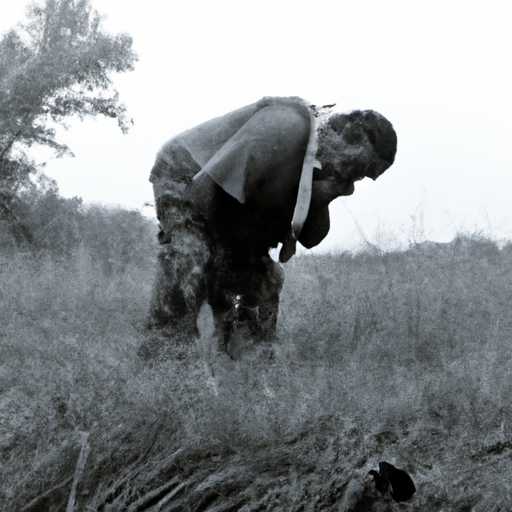Addressing the Significant Impact of Opioid Crisis on Indigenous Communities in Canada
In this detailed review, we intend to emphasize the importance of understanding the unique challenges, perspectives, and actions taken in response to the opioid crisis. We are focusing on Indigenous communities, specifically the Métis people in Saskatchewan, Canada. This emphasis arises from a recent article published by APTN News.
The Depth of the Opioid Crisis in Indigenous Communities
The epidemic of the opioid crisis has ravaged numerous communities across Canada. However, the issue proves significantly more concerning within Indigenous communities, as noted in the article by APTN News. This group has been disproportionately affected by the opioid crisis, with rates of opioid-related deaths nearly three times higher than in non-Indigenous populations. The crisis intersects with several other social issues, including homelessness, crime, and poverty – all facets that the Indigenous communities particularly grapple with.
Naloxone and Other Mitigating Measures
Due to the urgent nature of the opioid crisis, various measures have been taken to mitigate its effects. The use of naloxone as an emergency treatment for opioid overdose has become prevalent, with programs aimed at training individuals to administer the drug during an overdose incident. However, it’s apparent that further actions are necessary to address the underpinning causes of the opioid crisis in Indigenous communities effectively.
An Inclusive Approach to Combat the Crisis
The Métis Nation-Saskatchewan (MN-S) and the Métis National Council have taken a commendable step to tackle this crisis. By applying for membership in the opioid class action, these organizations aim for a more inclusive approach that ensures their unique experiences and challenges are meaningfully reflected in the litigation process. The inclusion will help develop solutions tailored to the needs of the Métis communities, ultimately ensuring they benefit from the agreement made in the opioid class action settlement.
Key Points from the Article:
- The opioid crisis has disproportionately impacted Indigenous communities in Canada, with Métis communities experiencing high rates of opioid-related deaths.
- The crisis goes hand-in-hand with other social issues such as homelessness, crime, and poverty, further complicating the situation.
- Naloxone has emerged as a crucial combatant against opioid overdoses, but further measures are needed to address the root causes of the opioid crisis in these communities.
- Thursday’s decision by the MN-S and the Métis National Council to join the opioid class action is a significant move towards ensuring that the unique experiences of Métis communities are considered in the settlement.
Conclusion and Takeaways
The impact of the opioid crisis on Indigenous communities, particularly the Métis in Saskatchewan, calls for deliberate, collective action. The measures taken so far provide some degree of control, but the crisis demands more comprehensive context-based initiatives. The recent step by MN-S and the Métis National Council to join the opioid class action might pave the way for such solutions.
By acknowledging the unique position of Indigenous communities, we can create a more inclusive approach towards a solution to the opioid crisis. Consequently, this effort can also shed light on the underlying interrelated social issues that these communities face and forge a path towards improved social equity and justice for Canada’s Indigenous population.
The severity and impact of the opioid crisis underscore the importance of continuing our conversations surrounding the issue – especially in regard to the particularly affected Indigenous communities. Therefore, we encourage readers to spread awareness and participate in ongoing discussions and efforts to combat the opioid crisis.
